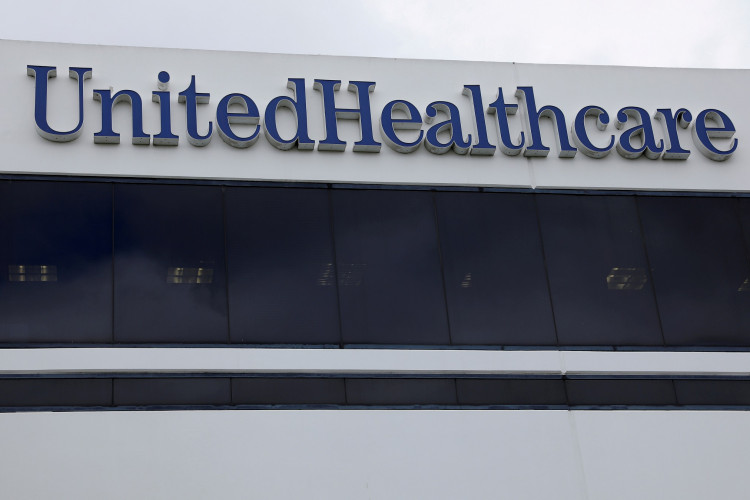UnitedHealth Group Inc. warned Tuesday that its 2025 earnings will fall sharply below Wall Street expectations, rattled by surging medical costs in its Medicare Advantage business and a string of corporate disruptions. The company projected adjusted earnings of at least $16 per share, significantly below analysts' consensus of $20.91, and forecast revenue between $445.5 billion and $448 billion, also missing expectations.
Shares of the health insurance giant dropped more than 4% in premarket trading following the announcement, underscoring investor unease with the company's ongoing operational and reputational challenges. UnitedHealth's insurance arm, UnitedHealthcare, reported a second-quarter medical care ratio of 89.4%, up from 85.1% a year earlier, signaling the company paid out a much higher share of premium income on health expenses.
"When we prepared our 2025 Medicare Advantage offerings back in the first half of 2024, we significantly underestimated the accelerating medical trend," said UnitedHealthcare CEO Tim Noel. He noted that physician and outpatient care drove 70% of cost pressures this year, with inpatient costs accelerating in the second quarter.
The second quarter also saw total revenue climb 12% year-over-year to $111.62 billion, slightly ahead of the $111.52 billion expected by analysts. Net income, however, declined to $3.41 billion, or $3.74 per share, from $4.22 billion, or $4.54 per share, a year earlier. Adjusted earnings per share came in at $4.08, below the $4.48 consensus estimate.
UnitedHealth's Optum segment reported mixed results. While Optum Rx revenue jumped 19% to $38.46 billion, Optum Health revenue fell 7% year-over-year to $25.21 billion. "We know Optum's performance has not met expectations," said Optum CEO Dr. Patrick Conway. "We are refocused on fundamental execution."
The company's leadership acknowledged a series of compounding challenges, including an ongoing Department of Justice investigation into Medicare billing practices, a devastating cyberattack on its Change Healthcare unit, and the May ouster of former CEO Andrew Witty. The death of UnitedHealthcare executive Brian Thompson last year also weighed heavily on company morale and operations.
New CEO Stephen Hemsley said UnitedHealth is "embarking on a rigorous path back to being a high-performing company," adding that "we have made pricing and operational mistakes." He emphasized that internal practices such as risk status, pharmaceutical services, and care management will undergo annual external reviews. These reviews will be led by firms including Analysis Group and FTI Consulting, with findings expected by the end of the third quarter.
Noel said the company is expanding audit and clinical integrity tools and increasingly turning to AI to reduce unnecessary patient costs. "We have stepped up our audit, clinical policy and payment integrity tools to protect customers and patients from unnecessary costs," he said.




